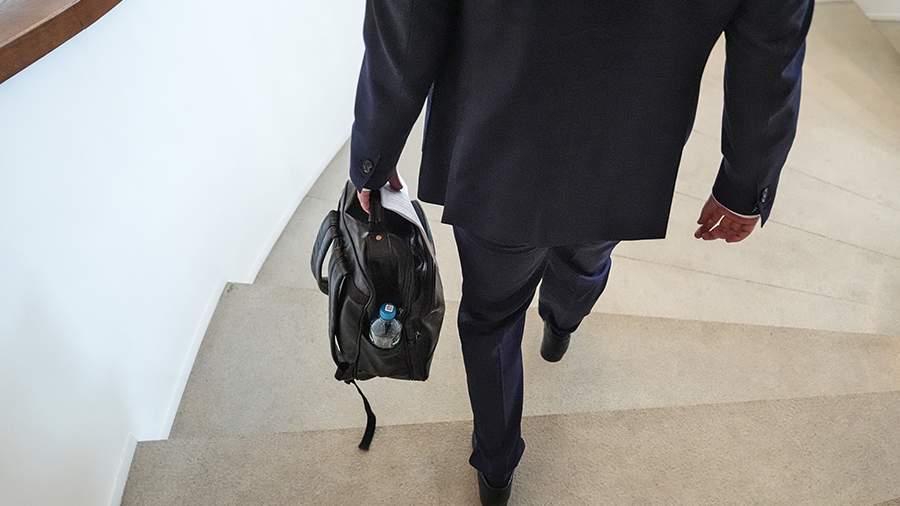Experts named the reasons for the decline in investment in the SME sector

With limited availability of borrowed funds, small and medium-sized businesses (SMEs) have faced serious challenges in attracting investment. Alexander Isaevich, General Director of the SME Corporation, and Dmitry Panov, coordinator of Delovaya Rossiya in the North-Western Federal District (NWFD), told Izvestia on March 11.
"Together with the Ministry of Economic Development, the Ministry of Industry and Trade and the Bank of Russia, we will launch preferential lending programs for various industries, including machine tool manufacturing, robotics, high technology and tourism. This will allow more companies to raise funds to expand their business. We will also restart preferential equipment leasing in the near future," Isaevich said.
According to him, resource- and capital-intensive industries turned out to be the most vulnerable, where investments in modernization and expansion of production facilities are needed to remain competitive.
"In such a situation, support for economic sectors becomes even more urgent," he added.
Isaevich also drew attention to the fact that small and medium-sized businesses expect a reduction in the key interest rate, which should lead to a reduction in interest on loans.
"In the near future, tools will be launched that will allow businesses to invest, including through import substitution programs and ensuring the country's technological sovereignty," Isaevich said.
According to experts, a key factor in the slowdown in SME investment activity has been a decrease in the availability of borrowed funds. This is in line with the Central Bank's plan to "cool" the Russian economy in the face of high inflationary pressures.
Panov also pointed out that the least investments were reduced by companies engaged in IT and scientific and technical activities, as well as SMEs focused on public procurement.
"As for the prospects, many companies are taking a wait—and-see attitude, hoping for a reduction in the key rate and an update of the limits on government support programs," the specialist added.
The expert also drew attention to the caution of entrepreneurs regarding the possible return of foreign companies to the Russian market.
"Many owners of small and medium—sized enterprises doubt their ability to compete with foreign heavyweights in conditions of limited resources," Panov summed up.
Earlier, on January 30, the Russian Ministry of Economic Development told Izvestia that the agency was restarting a program of preferential investment loans to small and medium-sized enterprises (SMEs) in priority sectors of the economy. The program will be implemented jointly with the Bank of Russia and will combine subsidies from the federal budget, as well as preferential funding from the Bank of Russia. In addition, as part of the program, the Ministry of Economic Development of Russia will continue to subsidize loans issued in 2019-2024 to SMEs, as well as self-employed citizens, under the 1764 program.
Переведено сервисом «Яндекс Переводчик»

